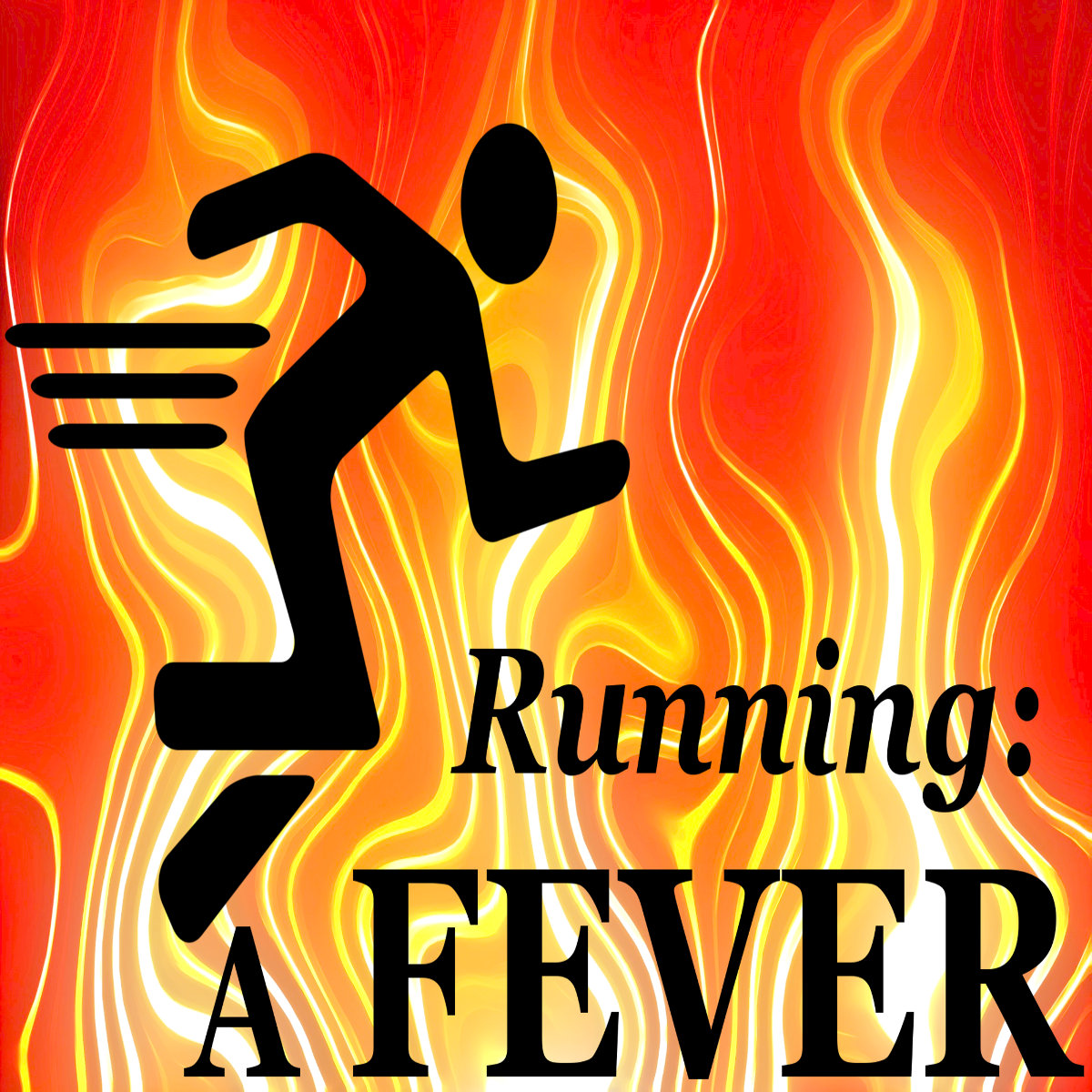Welcome to Running: A FEVER. My name is Michael Davis. This is a podcast about fitness, diet, and medicine. My goal is to live a long, healthy, happy, active life right up to the very end. I just want to love my life enough to make it last as long as possible.
Welcome to part 9 in our series on dental health. So far, we’ve covered a number of topics I won’t list here. But I will say this is a different way of looking at how to take care of your teeth based on the how and why of oral disease and what to do about it. Knowledge + Action = Success. So, we started learning about risk factors and how things work in the mouth and on the teeth. And for the past two episodes, we’ve been talking about action. This episode is going to be action-packed as well, as we talk about whole-body health and dental health.
The dental area is not a stand-alone system. It interacts with the other systems in the body. Dental problems are so closely tied to disorders in other parts of the body that sometimes your dentist may be the first to notice the problem because dental conditions can lead to other diseases in the body.
Let’s talk about the heart. It has long been known that periodontitis, or gum disease, can lead to problems in the heart and circulatory system. In fact, it can more than double the risk of heart attack and triple the risk of stroke. I don’t want any of that, for sure.
Certain high-risk bacteria can enter the bloodstream directly from the mouth when you have a gum infection. Particularly nasty rascals are the bacteria Aggregatibacter actinomycetemcomitans (Aa) and Porphyromonas gingivalis (Pg). This bacteria in your blood can cause inflammation all over your body, which causes all kinds of problems and makes some diseases worse. Worse still, it promotes arterial plaque, which can eventually lead to heart attack and stroke.
The American Heart Association now backs all this up. I quote, “There is an association between periodontal disease and atherosclerotic vascular disease.” So, there is no question that we must take care of our gums if we want to take care of our hearts. Period.
A study published in the Postgraduate Medical Journal found that managing gum infections had a measurable effect on cardiovascular health. None of the participants had a heart attack or stroke during the study.
One of the main factors that makes oral infections dangerous is the promotion of inflammation by the bacteria that grow in the mouth during these infections. We mentioned the increased risk of stroke, but a study of adults over the age of 50 found a 70% higher risk of Alzheimer’s disease for those who had periodontitis for ten years or more. It is also believed that even low levels of inflammation over time can cause deterioration of brain function.
Several types of cancer apart from oral cancer have an increased risk when oral infections are in play, causing inflammation throughout the body: breast cancer for women who have periodontitis. Pancreatic cancer is another type that occurs more often in people with antibodies to periodontal bacteria. Also, the bacteria F. nucleatum can make colon cancer more severe.
Their high blood sugar makes diabetics more susceptible to gum disease, which in turn makes it harder to control blood sugar. Uncontrolled blood sugar makes gums more fragile and prone to bleeding and even pulls the tissue away from the bone. Oral health should be part of the treatment of the full-body disease diabetes.
Dental care is important to pregnant mothers. The hormones and increased blood flow make gums more susceptible to bleeding and infection. Gum disease is also associated with premature birth and low birth weight. Bad bacteria in the pregnant mother is related to bad bacteria in her child.
I tend to think of my teeth as a separate area. The healthcare I give my teeth and gums is important to having good dental health. However, I often fail to associate it with overall body health and the prevention of diseases like cardiovascular disease and pancreatic cancer. This is a big deal and a new way to think about taking care of your teeth.
Well, all this can sometimes be a bit scary. In this podcast, I like to be positive. But sometimes, we have to bring up difficult topics to bring to light the dangers we face physically. So, if there is something we can do about it, we’re aware enough to know we need to do it.
I hope you liked this one despite its negative tone. It should at least have been informative. Remember, if you’ve got the fever, keep it burning. And if you don’t, catch the fever. I’ll see you next time on Running: A FEVER.
References:
https://www.nature.com/articles/6400851#:~:text=The%20American%20Heart%20Association%20attempted,modified%2C%20by%20therapeutic%20periodontal%20interventions.
https://www.ncbi.nlm.nih.gov/pmc/articles/PMC5095113/
Kutsch, V. Kim. Why Me? The unfair reason you get cavities and what to do about it. Anacortes, Washington: Soapbox Publishing, 2020.
